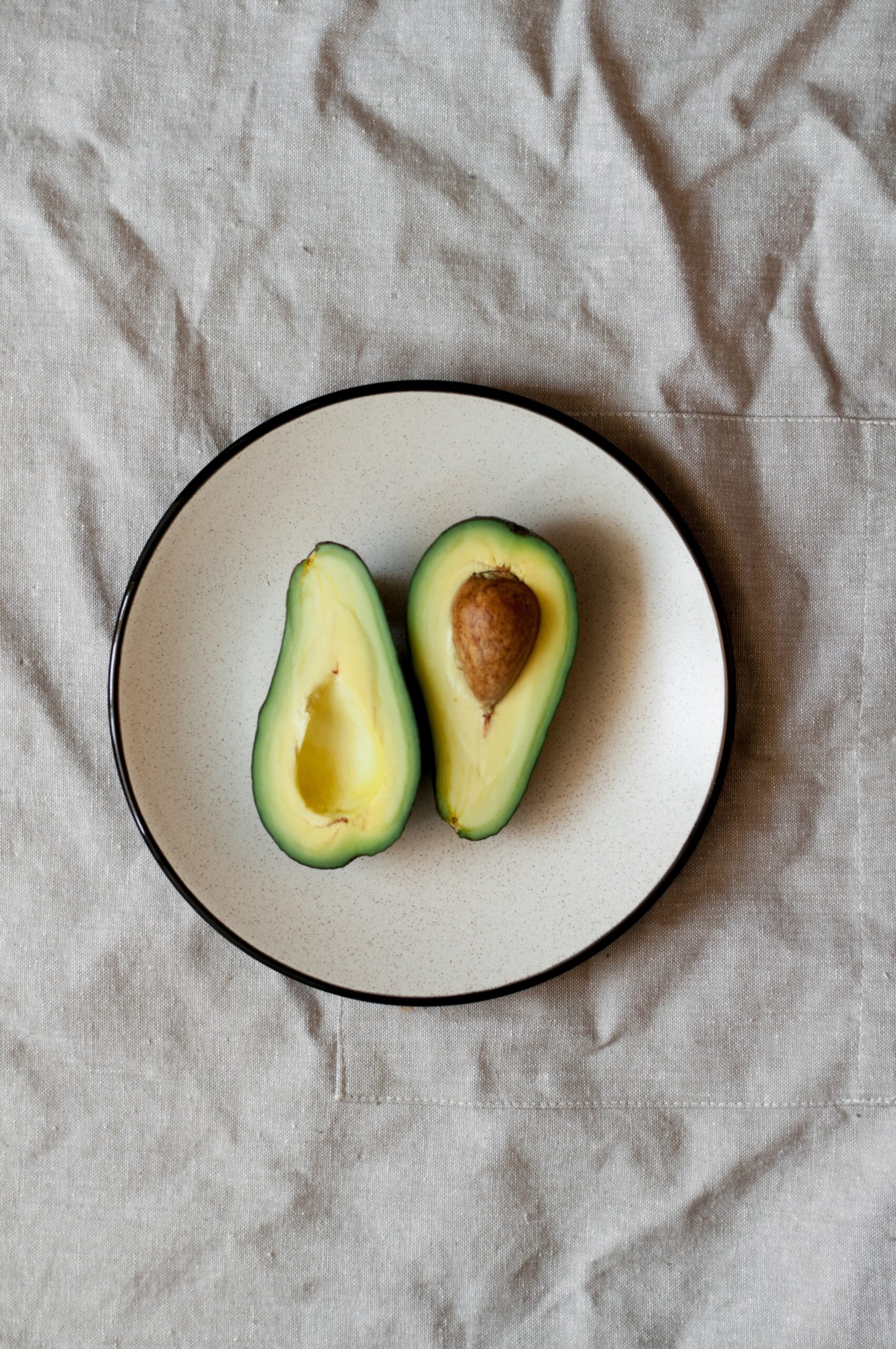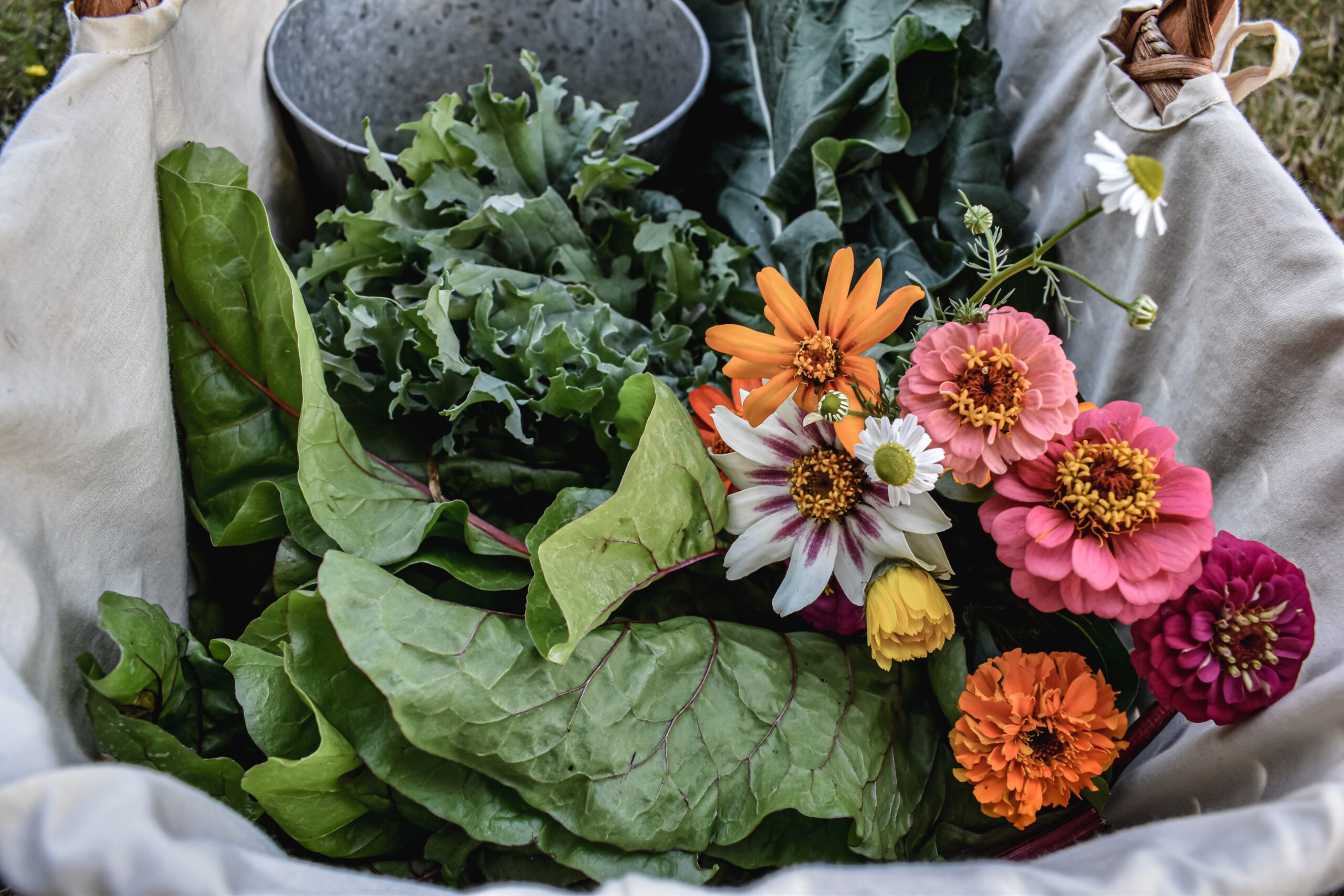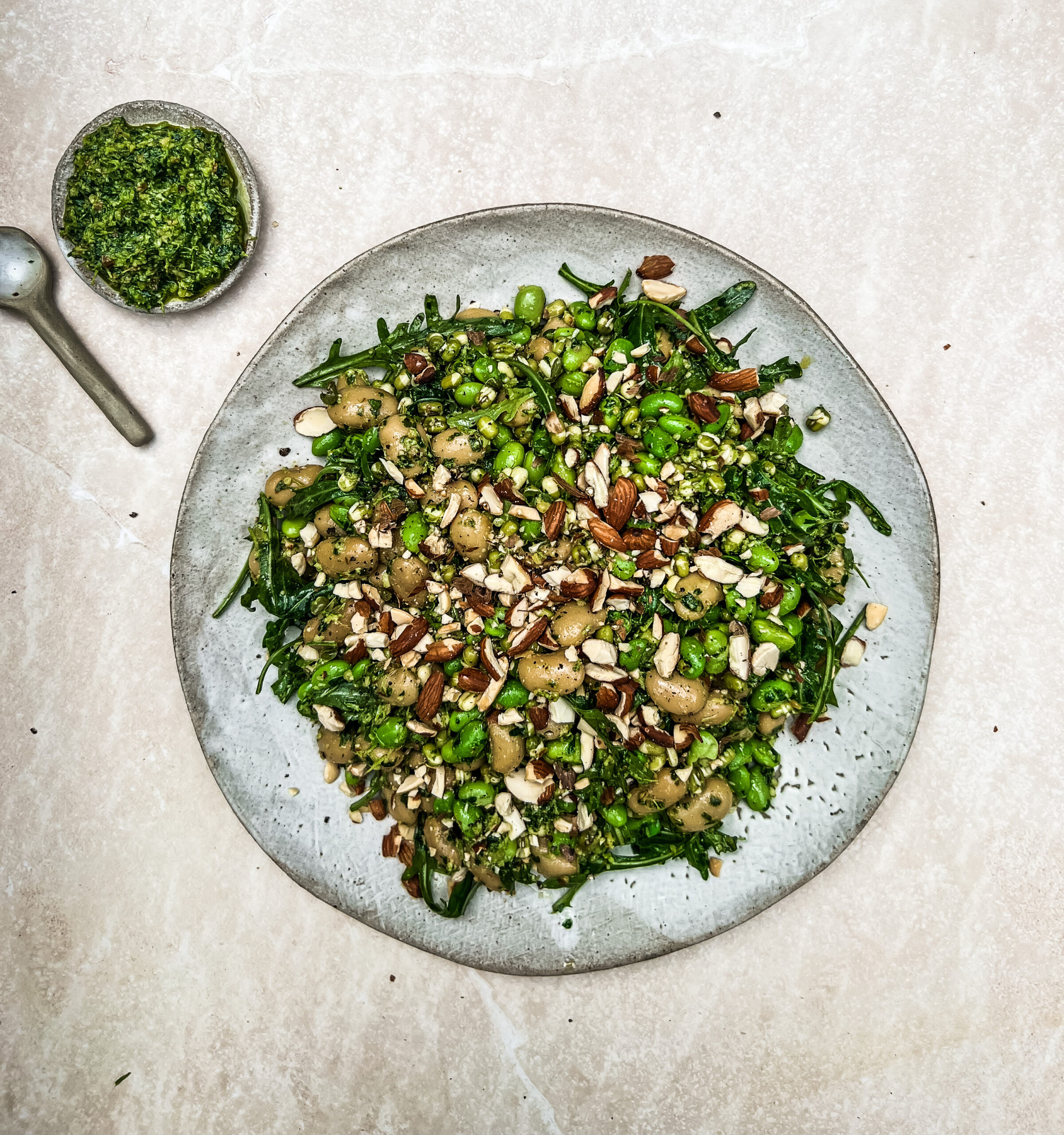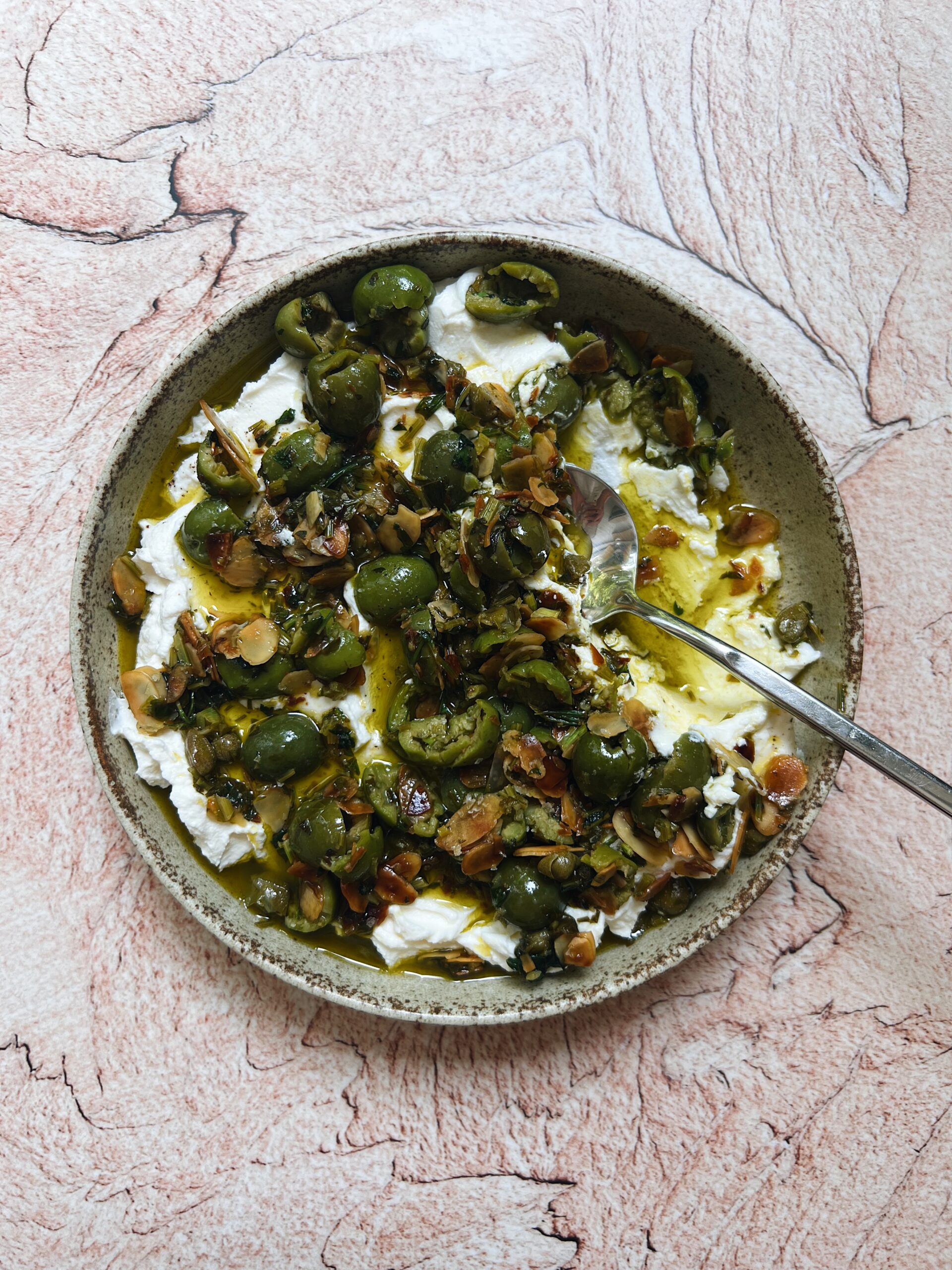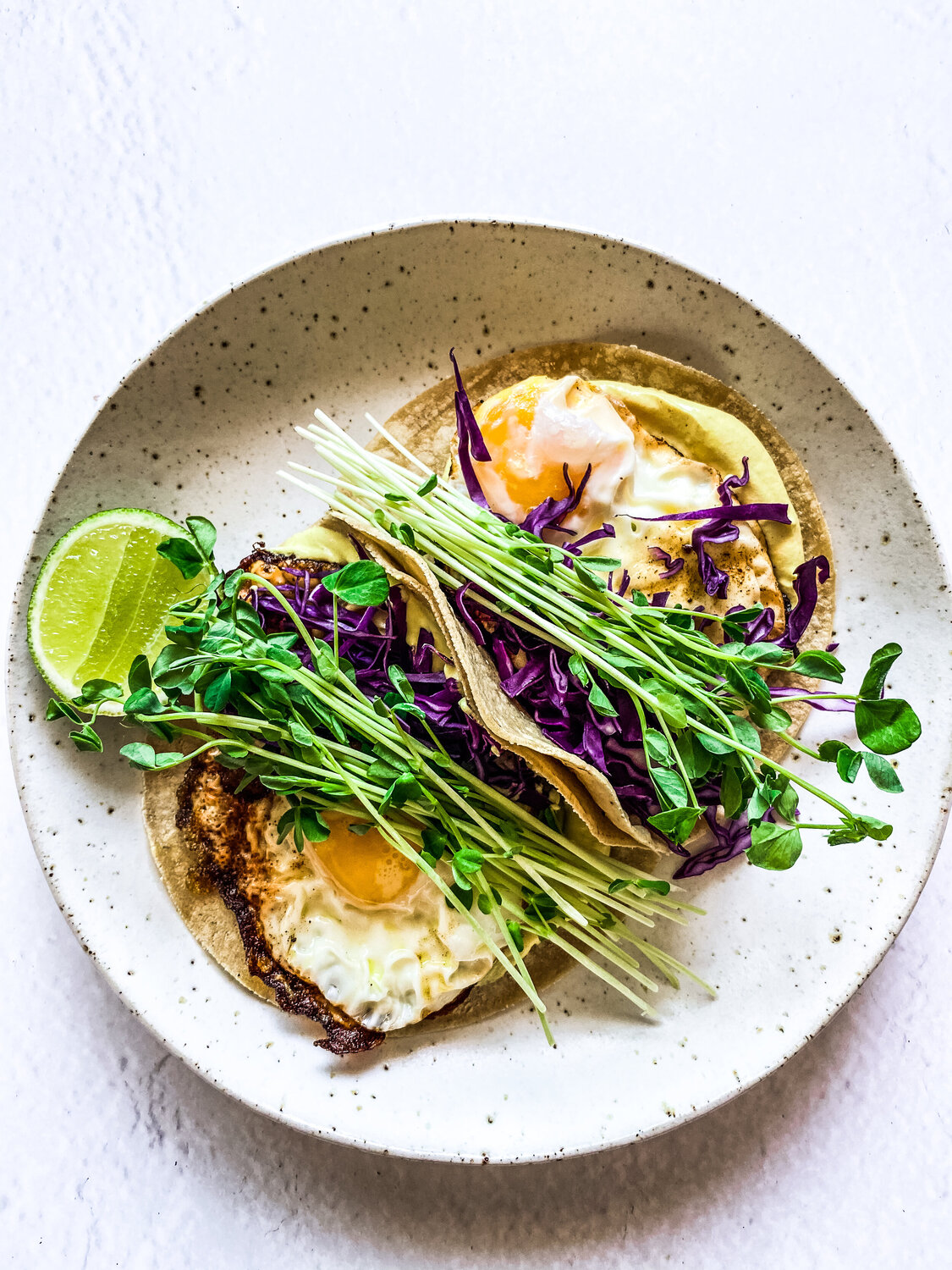The Six Fundamentals Of Eating Well
In the health obsessed world we live in, I’m often surprised by how many people around me lack the basics of holistic nutrition.
I know some who still fixate on calorie counting and on the other hand, there are those who enthusiastically embrace non-dairy milk, collagen supplements, and various powders, yet seem to miss the fundamentals that would actually make the biggest difference.
I’m often asked about health as if I harbour a secret magic pill, but there are no secrets involved. People generally expect me to mention a specific supplement or powder, but the real unsexy answer lies in the simplicity of the foods I choose.
These are the silent foods that don’t have fancy labels and marketing teams. So I’ve unofficially taken on the role of the global head of marketing for pure, whole foods, as close to nature as it gets (updating my Linked In now).
So what are the fundamentals of eating well?
Below are, in my eyes, the core principles of eating well. If my partner, my mum, or my friends were to ask me for the lowdown over coffee, this is what I’d share. Master these, and you’ve covered majority of the journey. From here, you can fine tune and make subtle adjustments that suit you.
How To Eat Well
I’ve divided this into two simple categories: what to eat and how to eat. And I’ve kept it as minimal as possible. I really wanted this guide to be fluff free.
What To Eat
- Go for one ingredient foods (or things made up of one ingredient foods). Think of foods like cucumbers, eye fillet, olive oil, quinoa, milk, blueberries, salmon fillet, and almonds. Get the idea?
- Avoid industrial seed oils including canola oil, vegetable oil, soybean oil and rapeseed oil. It is hard to avoid these entirely as they are used in restaurants. My advice is to clear your home of it – don’t use these oils and if you can don’t buy products that contain them. Then a little exposure here and there when you are out is harmless.
- Avoid sugar and sugary processed foods as much as possible. I know this is easier said than done!
- Take note of food sourcing and quality, animal foods in particular.
- Choose pasture-raised chicken and eggs, grass-fed and finished red meat, and wild-caught or sustainably sourced fish.
- Fruits and vegetables – Organic is great if you can, however if conventional is more accessible, this is great too. I personally do a bit of both.
How To Eat
- Eat for balanced blood sugar. If you’re following the guide above (avoiding sugar and sticking to whole foods), you’re already on the right track. Additionally, in every meal, make sure you include protein, fat, and fibre.
- Hunger and fullness. At its simplest, eat when you are hungry, stop when you are satisfied.
If you are doing these six things, you’re eating better than 99% of the population.
(I don’t have data to back that up, so you’ll have to trust me on this one).
The interesting thing is these guidelines (let’s call it Liv’s eating well fundamentals) can look like many different ways of eating.
But here’s the thing many people tend to mix up: there’s no specialised different diet for beauty, cancer prevention, diabetes risk, fertility, mood improvement, or gut health. Yes, there are some incredible specific things that can help with each of these, but they are not as effective without a basis of truely healthy eating.
Eating well (see six steps above) improves every aspect of health. Specifics come after. From what I’ve seen, many people jump to these adjustments before they’ve fully embraced the basics! And it’s not entirely their fault. We transitioned from the government food pyramid, which recommended eight servings of bread and pasta a day, to an obsession with wellness and supplements. We skipped a significant step in between – consuming good, real food! It’s no surprise that people are confused.
From this place, we can get into all the interesting tweaks and experiments and specialised advice. This may be managing carbohydrate levels for those with insulin resistance or incorporating herbs to alleviate anxiety or implementing fasting for longevity or trialling apple cider vinegar to reduce glucose spikes or incorporating turmeric to reduce inflammation and magnesium for depression… All of these things are fantastic!
However, these adjustments are like the icing on the cake – effective once you’ve nailed the fundamentals.


